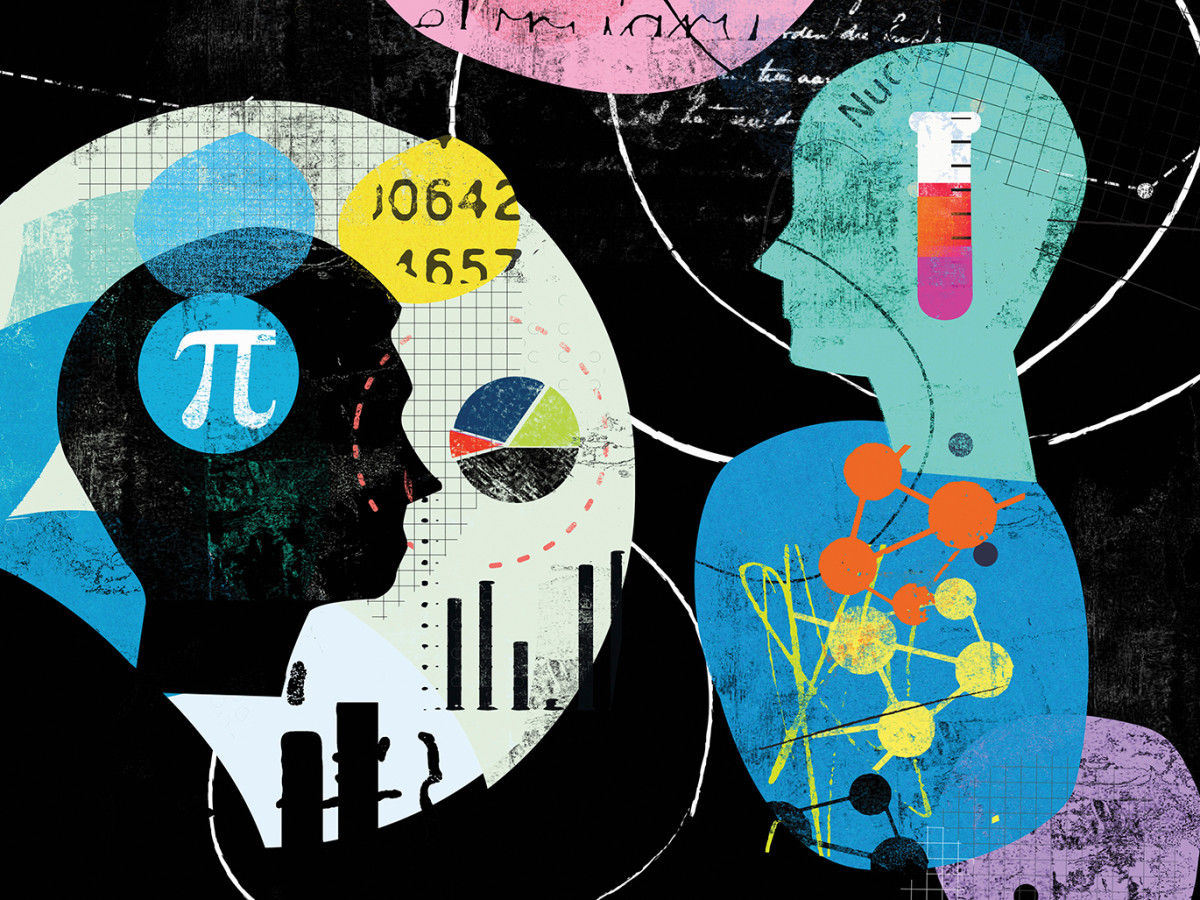What is memory? Encoding, storing and retrieving and the experiments of Craik and Lockhart

Memory is the encoding, storing and recalling of information that has been learnt through teaching or observation.
Without memory, you would have no ability to retain information! You would not recognize any people, even your family. You would not be able to remember the most basic skills. Many systems interact to create your memory, and this article will look at them.

Encoding, Storing and Recalling
Memory is the ability to encode, store and recall information.
The first of these is encoding. Encoding converts interesting information into a 'code' that can then be stored in the brain and later retrieved from the long term or short term memory.
Storing is retaining the information over time inside the brain. There are two distinct memory storages: long term and short term.
Recalling, or retrieval refers to the process of locating the encoded information stored inside the brain and becoming consciously aware of it. Some things require a longer time to recall than others. For example, if I was to ask you your parent's names, generally that is a fast, nearly automatic retrieval. However, if I were to ask what you ate for dinner last Tuesday night, that would generally require a longer time to retrieve the information.

Craik and Lockhart's Levels of Processing Effect
Canadian psychologists Fergus Craik and Robert Lockhart argued against the Atkinson-Shiffrin multi-store model of memory, saying that human memory does not have a specific structure that is able to be divided into sub-systems.
Instead, they proposed a contradicting theory, a "conceptual framework of memory". This theory suggests that the level at which information is processed during learning determines how well it is stored in the long term memory. Shallow processing is not as effective as deep processing, such as semantic processing. They proposed that there was a continuum of many different levels that ranged from shallow to deep processing, rather than information being either "shallow" or "deep". A good way of thinking of it may be on a scale of one to ten, with one being shallow processing and ten being deep processing, with all information learned falling somewhere on the scale.
Information processed at a shallow level will be remembered for less time than information retained at a deep level. For example, look at the list of words below.
Scarf
pencil
water
Shadow
hat
Pool
Processing this list of words at a shallow level might be circling all the words that start with a capital letter. However, a deeper level of processing would occur if, for example, you had to pick out the words that would fit into this sentence:
"I left the house, but forgot to put on my _________"
The deeper level of processing would result in a longer lasting memory, if one were to make predictions based on Craik and Lockhart's levels of processing framework.
Automatic and Effortful Encoding
Memories can be remembered in one of two ways: automatic or effortful. Automatic encoding is information not consciously learned, for example: What colour are the cupboards in your kitchen? Although you most likely have never consciously tried to memorise the colour of all the cupboards in your house, you still know the information.
Effortful encoding is information that requires a deliberate effort to learn, and must be rehearsed and studied. This information takes effort to encode, and must be stored effectively in the brain and associated with other similar material if it is to be remembered well.
Echoic Memory
Echoic memory is a brief sensory memory for all auditory information. Tyres screeching, crickets chirping and computer keys typing are all examples of auditory information. Your echoic memory stores information for around 3-4 seconds, enough time for a person to hear the information in context and comprehend its meaning.
Read the book Alexander Luria wrote about "S"
The Man With A Perfect Memory
Many years ago there was a man different to most people in an astounding way. In the psychological book based on him, he was referred to simply as "S".
It was later revealed his name was Solomon Shereshevsky.
Solomon revealed his extraordinary memory while in a work conference when he was still a journalist. After being chastised for not taking notes as to what was being said, he replied confusedly as to why he should, since he could remember the speech word for word. He then proved this by repeating the speech perfectly. Everyone in the room was amazed, including Solomon, who had thought that everybody was able to remember things as clearly.
In the next thirty years, he would be observed by Russian psychologist Alexander Luria.
In experiments with Luria, he could correctly recall lists of 70 words without making a single mistake. He could recall the lists for months, or even years after the initial experiment.
However, all was not dandy for "S". His memory was too good.
His memories would linger on his consciousness, which was very distracting for him and affecting his ability to concentrate on a task. For example, when reading a book, he would remember all the previous times he had read a book and the words he had read then.
His mind became incredibly confused as a result of his memory and in a desperate attempt to forget, he would write things on pieces of paper and then burn them.
After giving up on both journalism and music, Solomon spent some time as a professional mnemonist, amazing audiences with his incredible memory. He did not enjoy this very much because of the confusion it caused inside his mind and quit after a while, fading into obscurity. He died in 1958.








